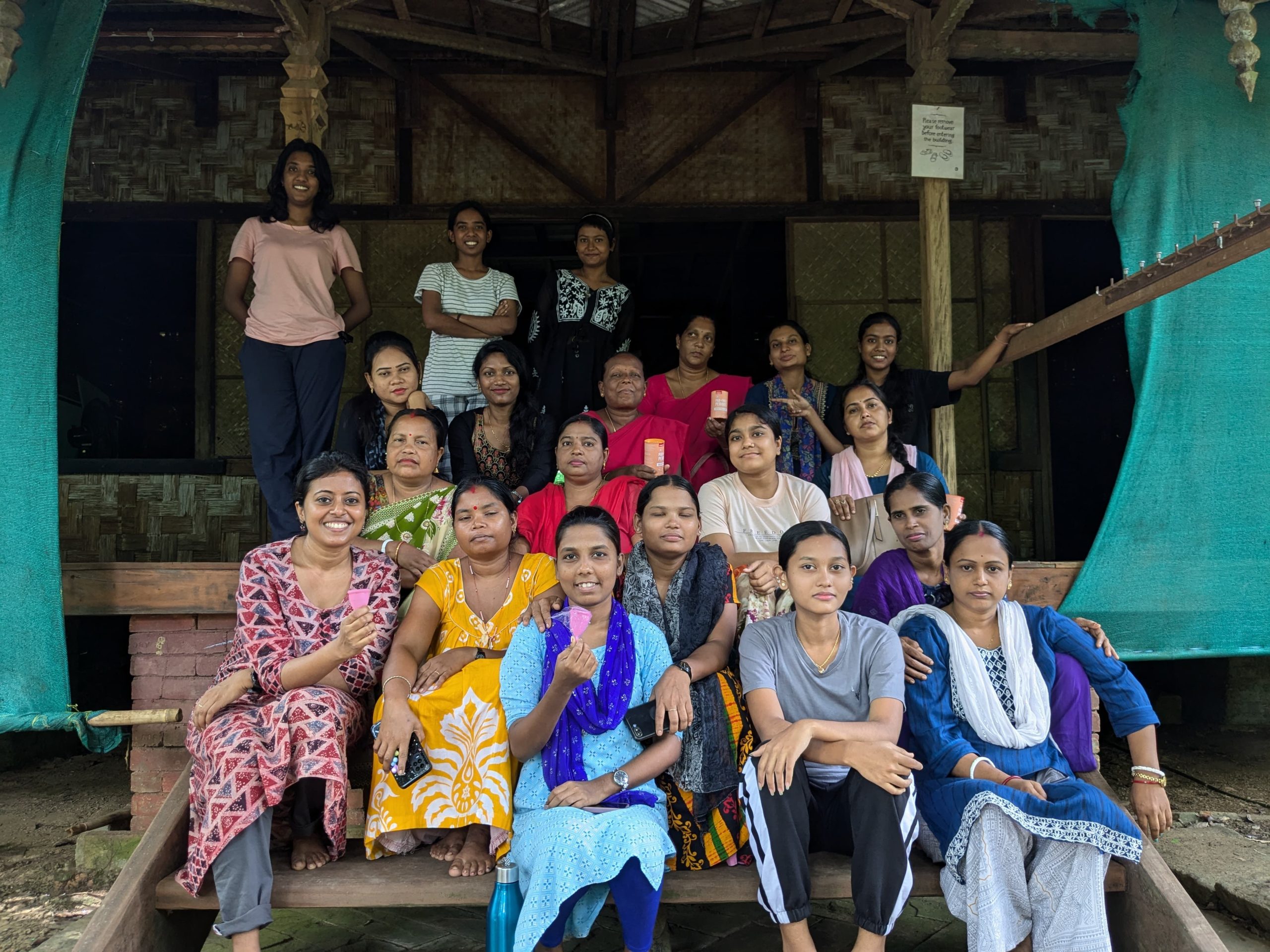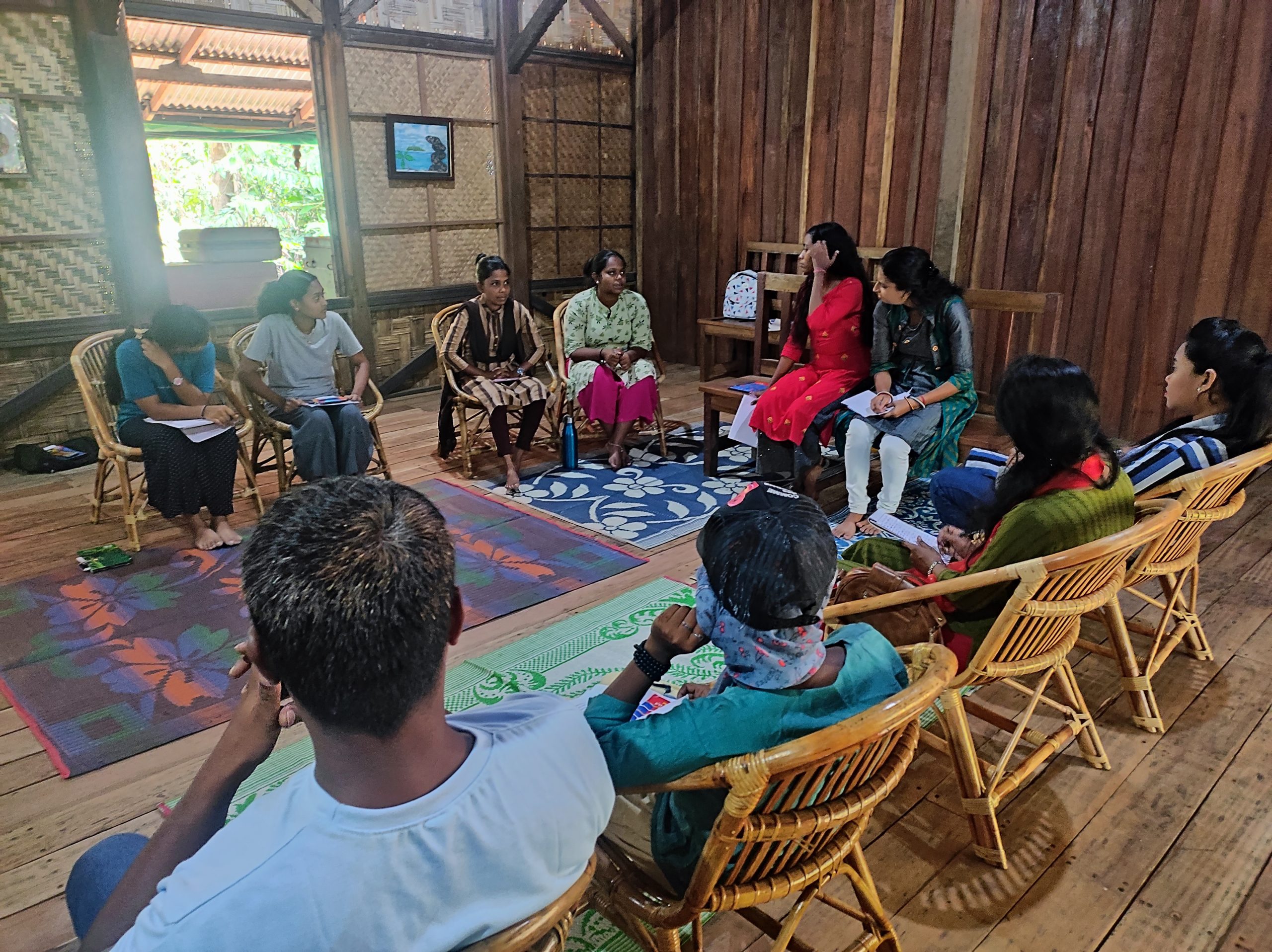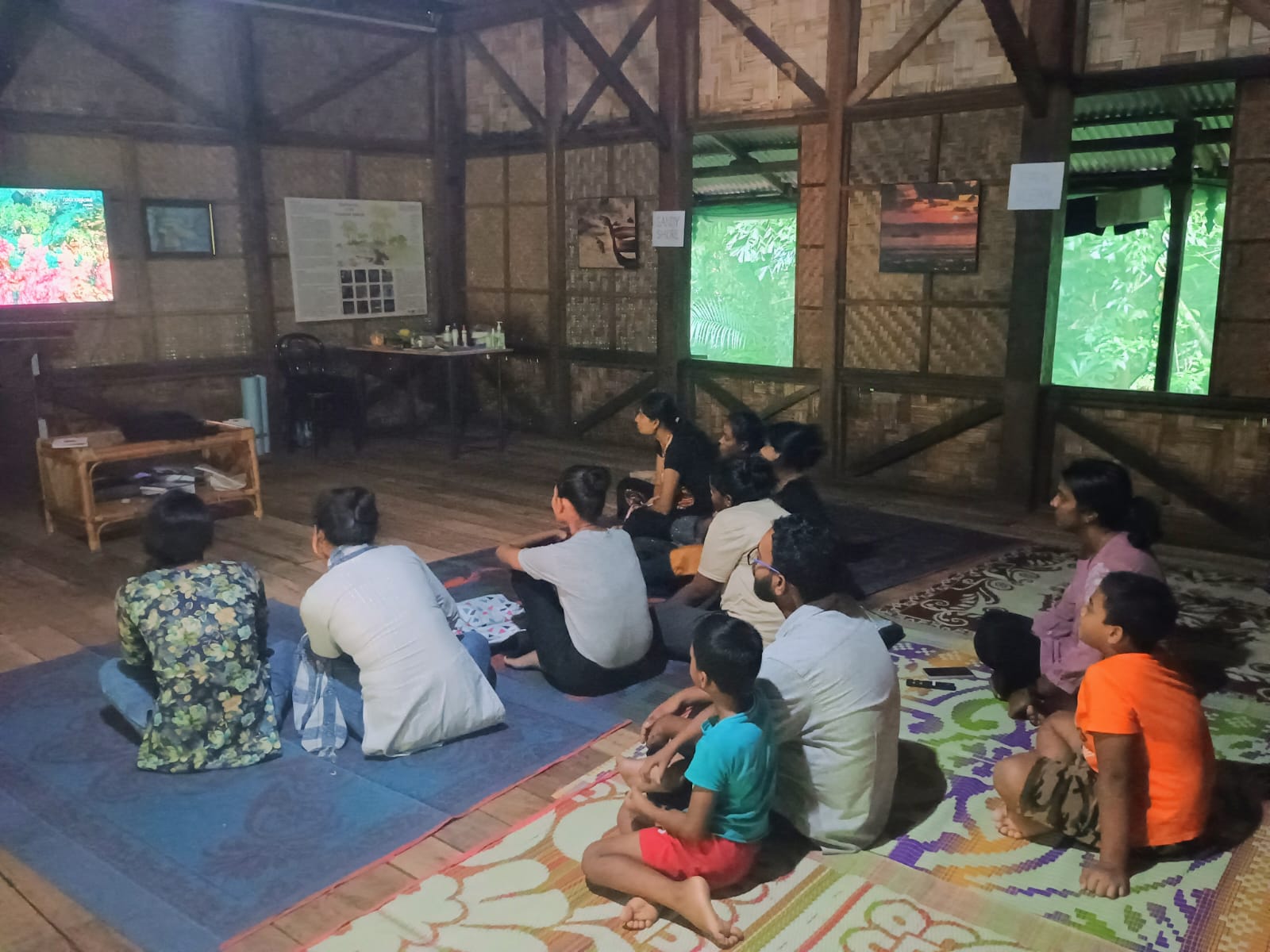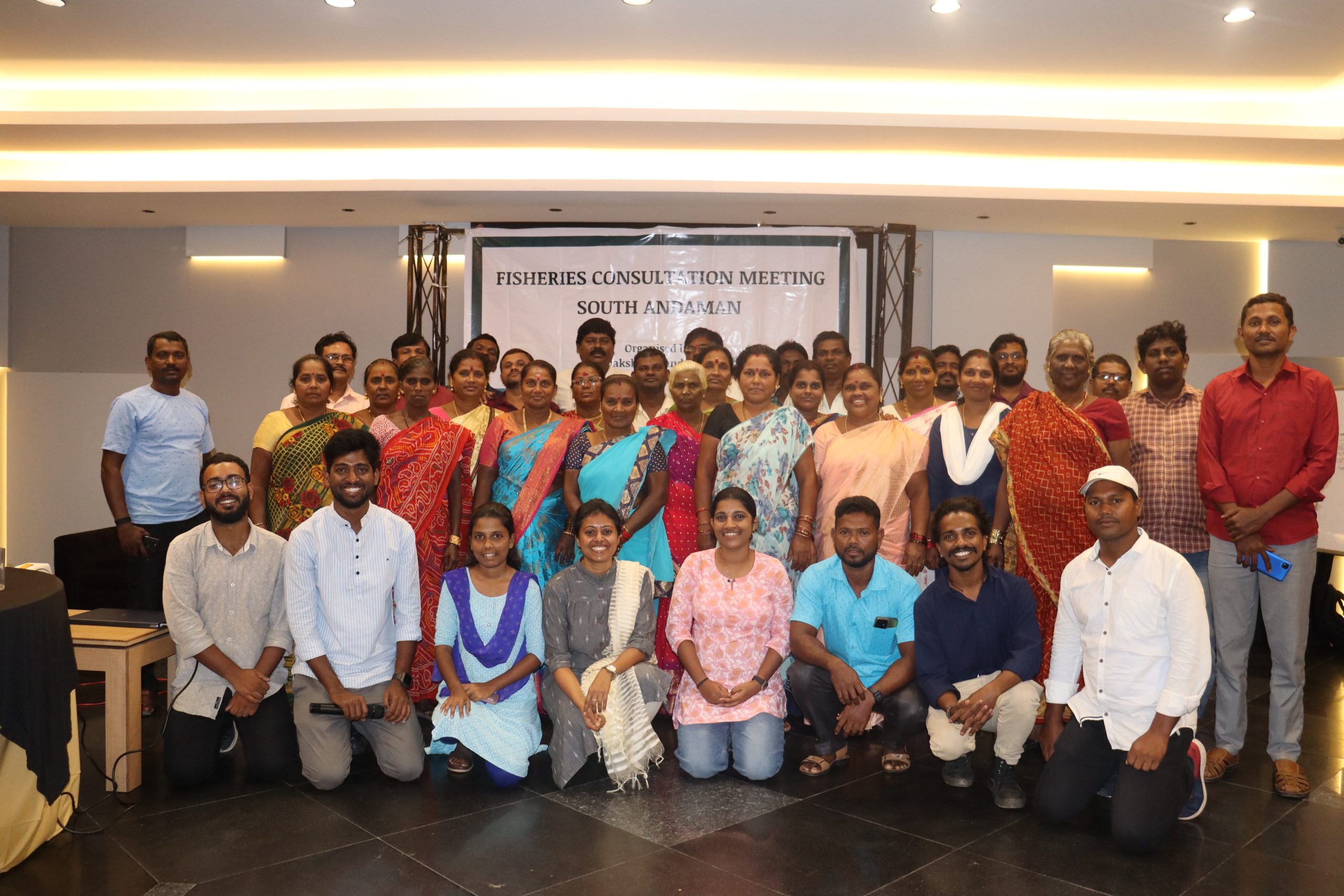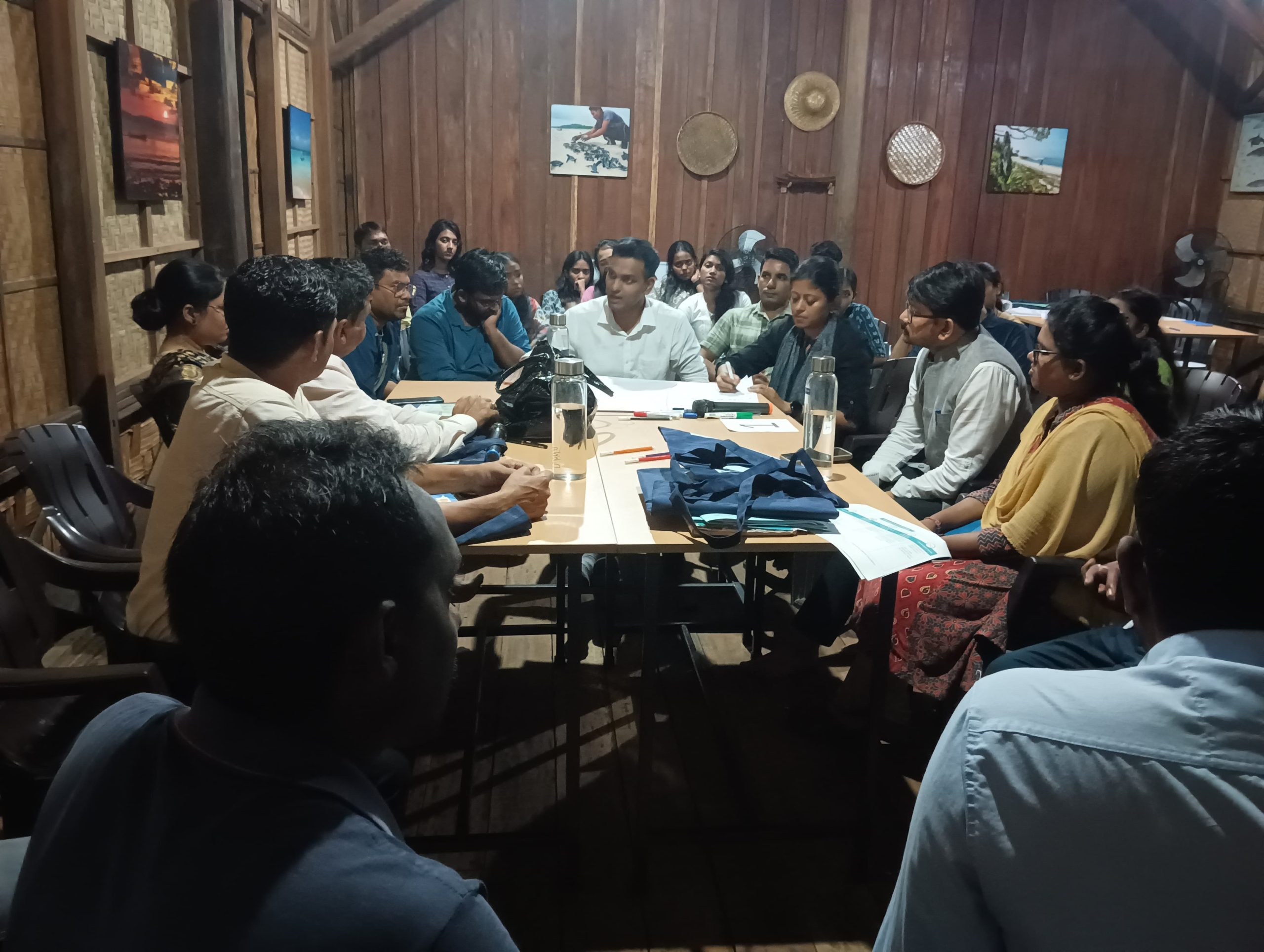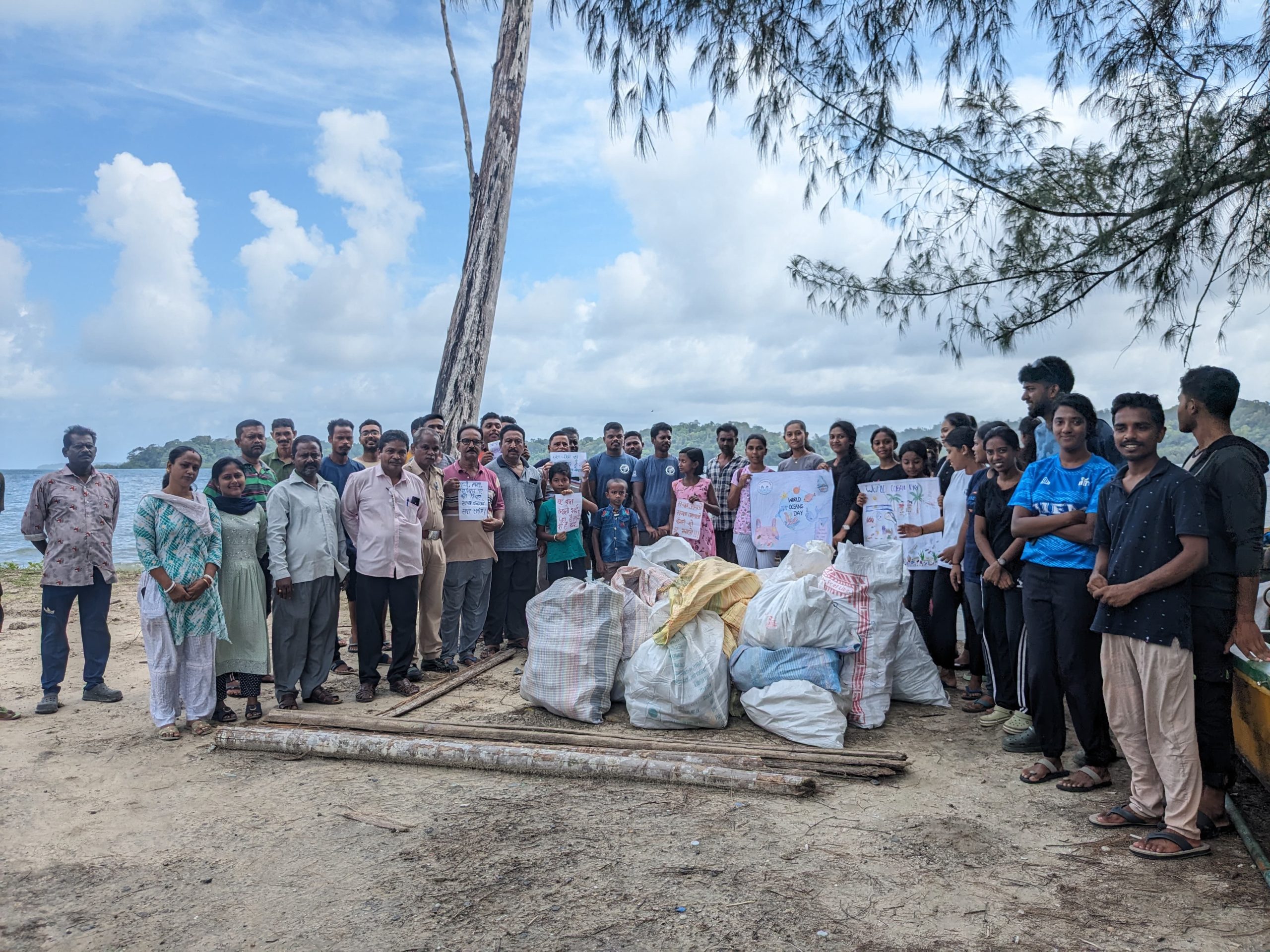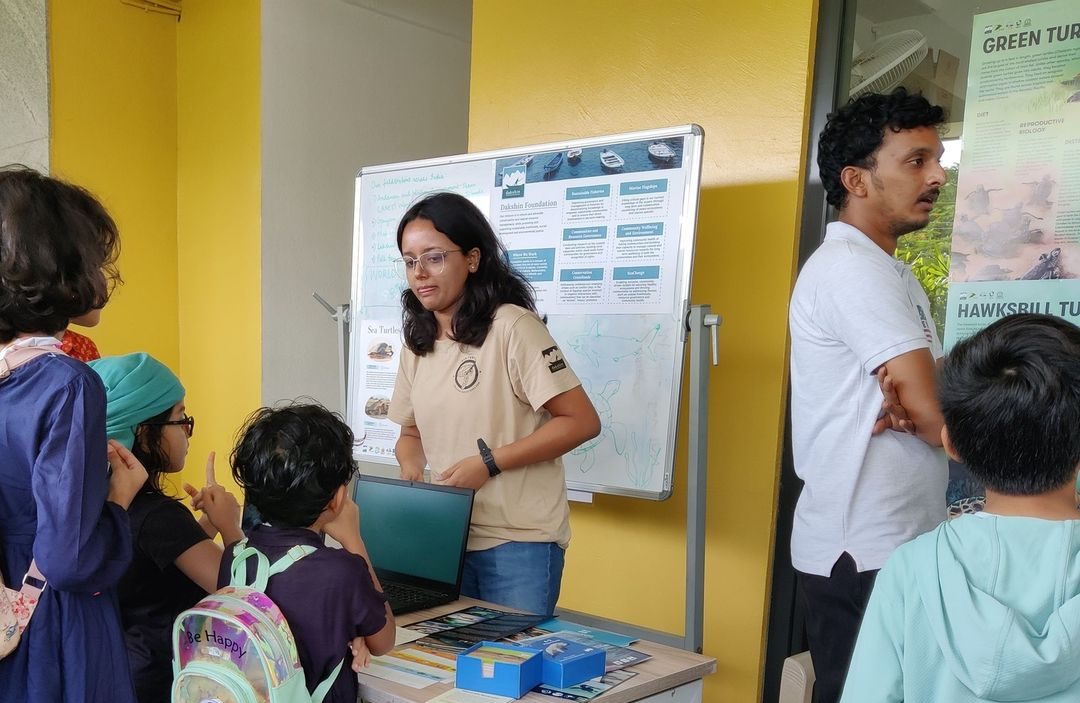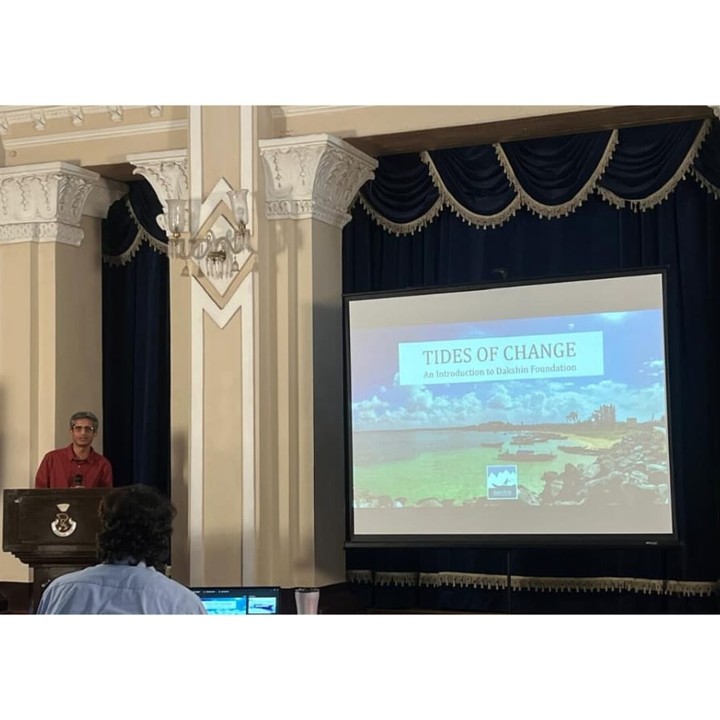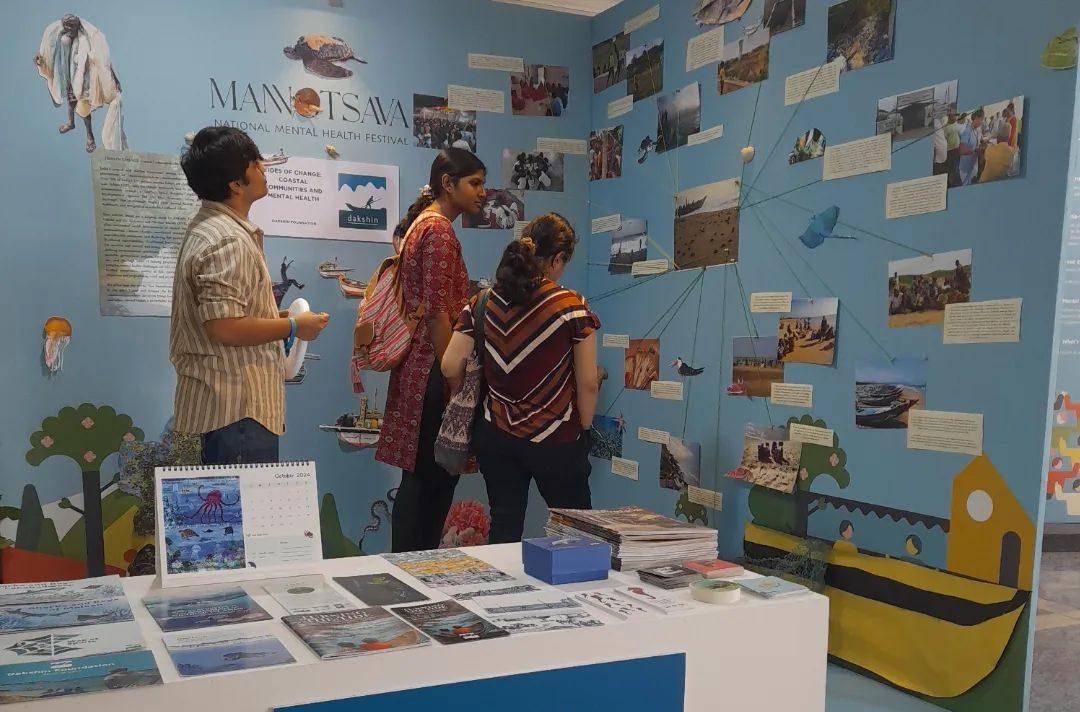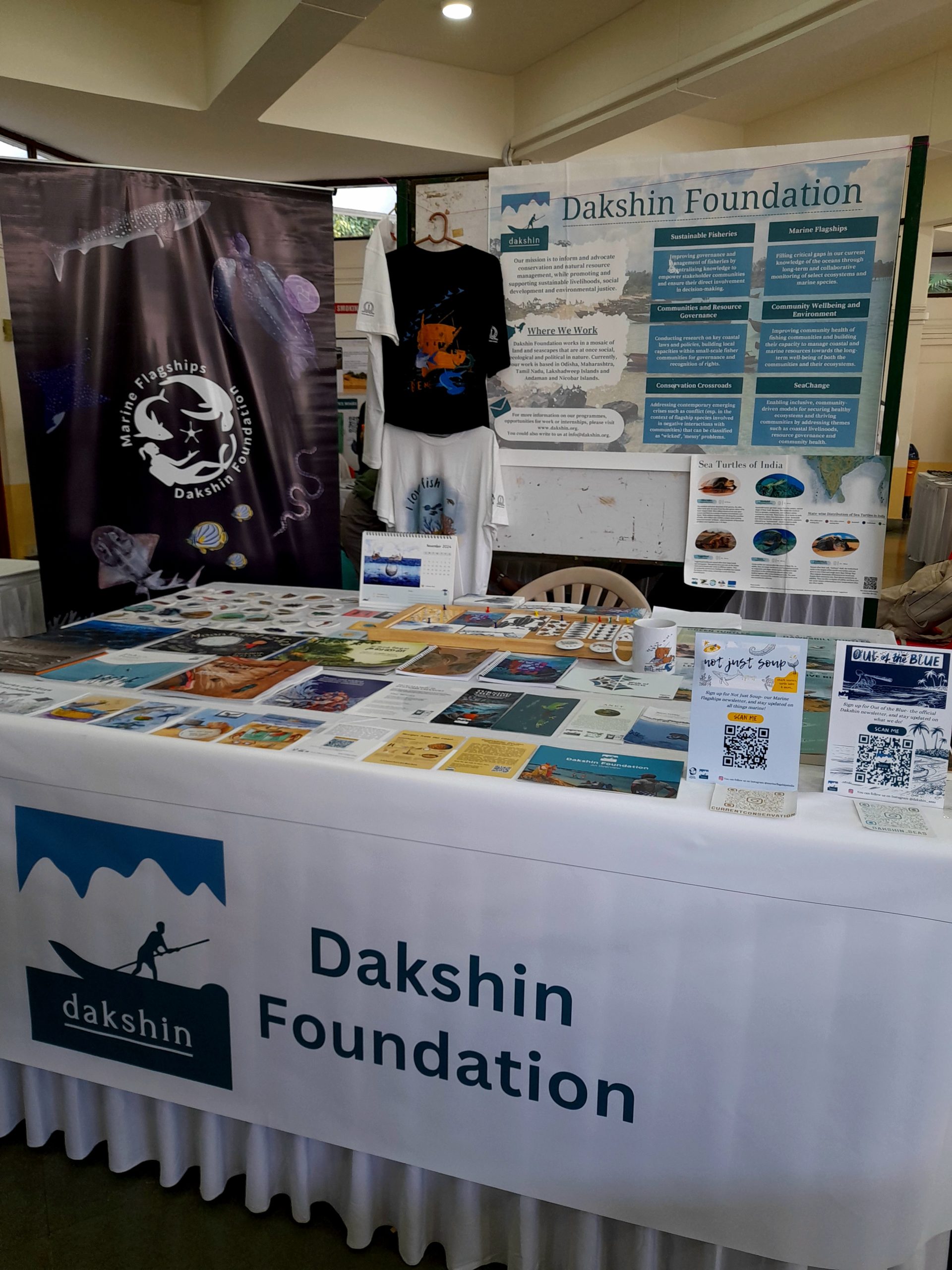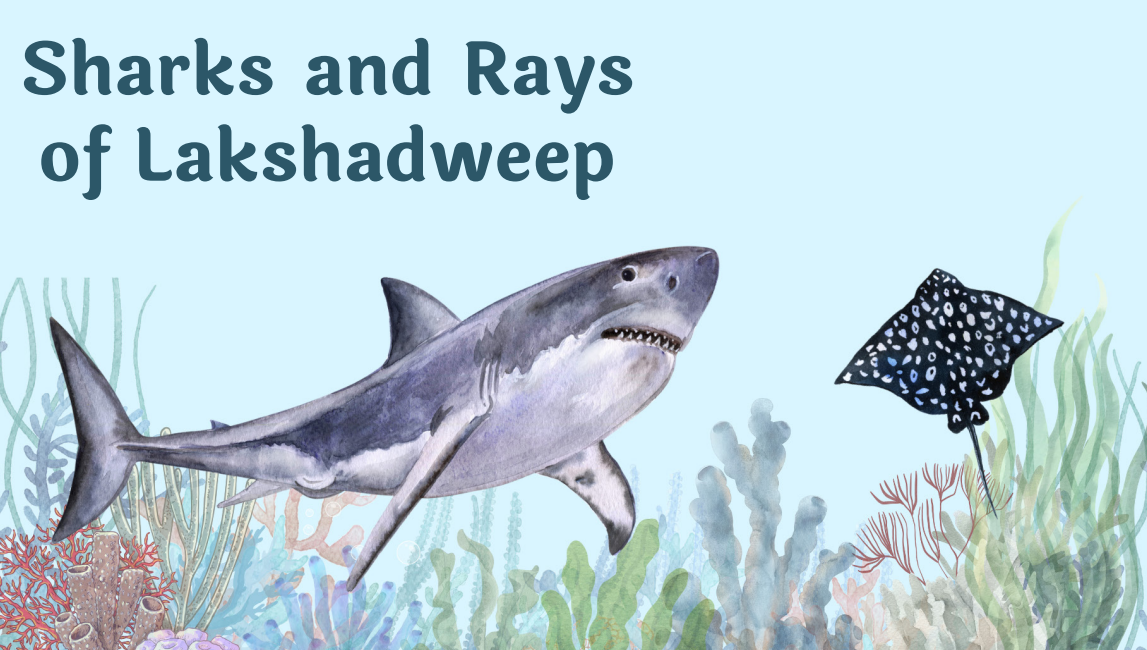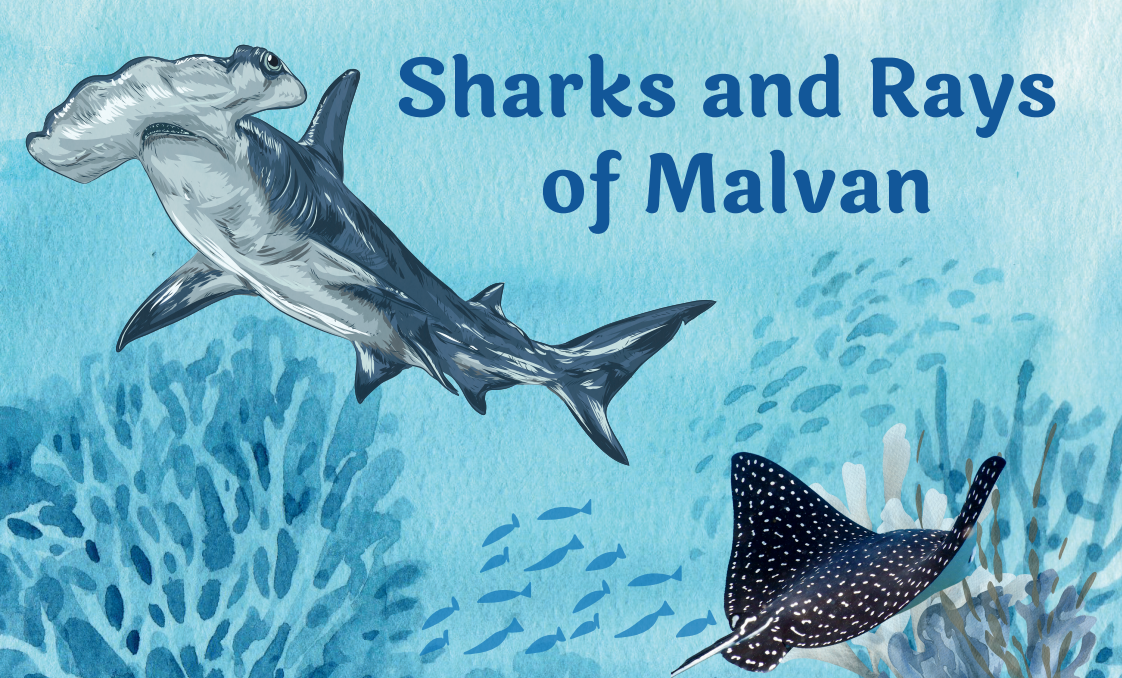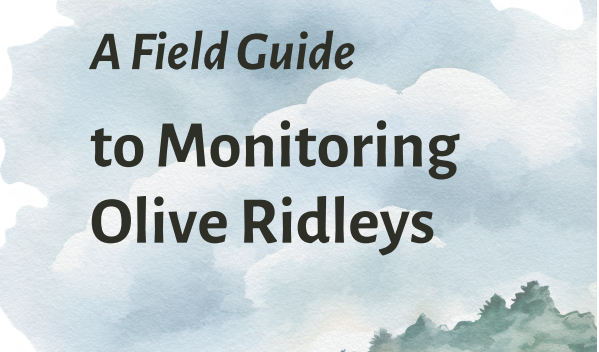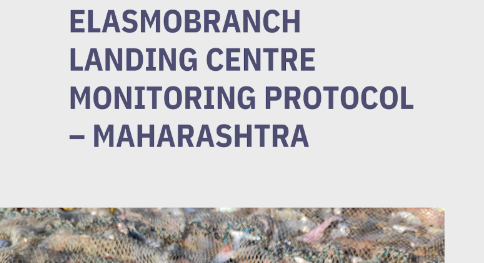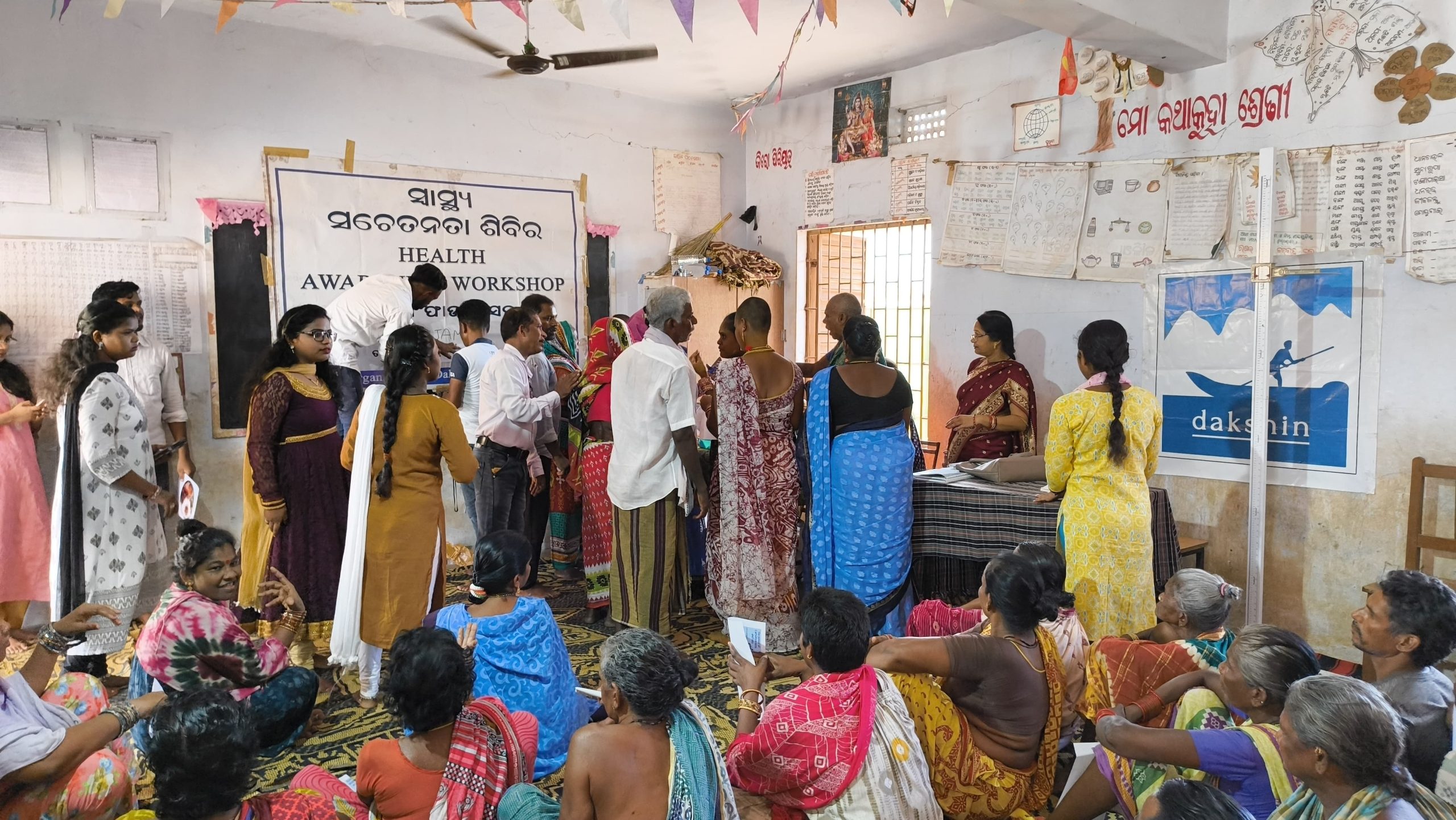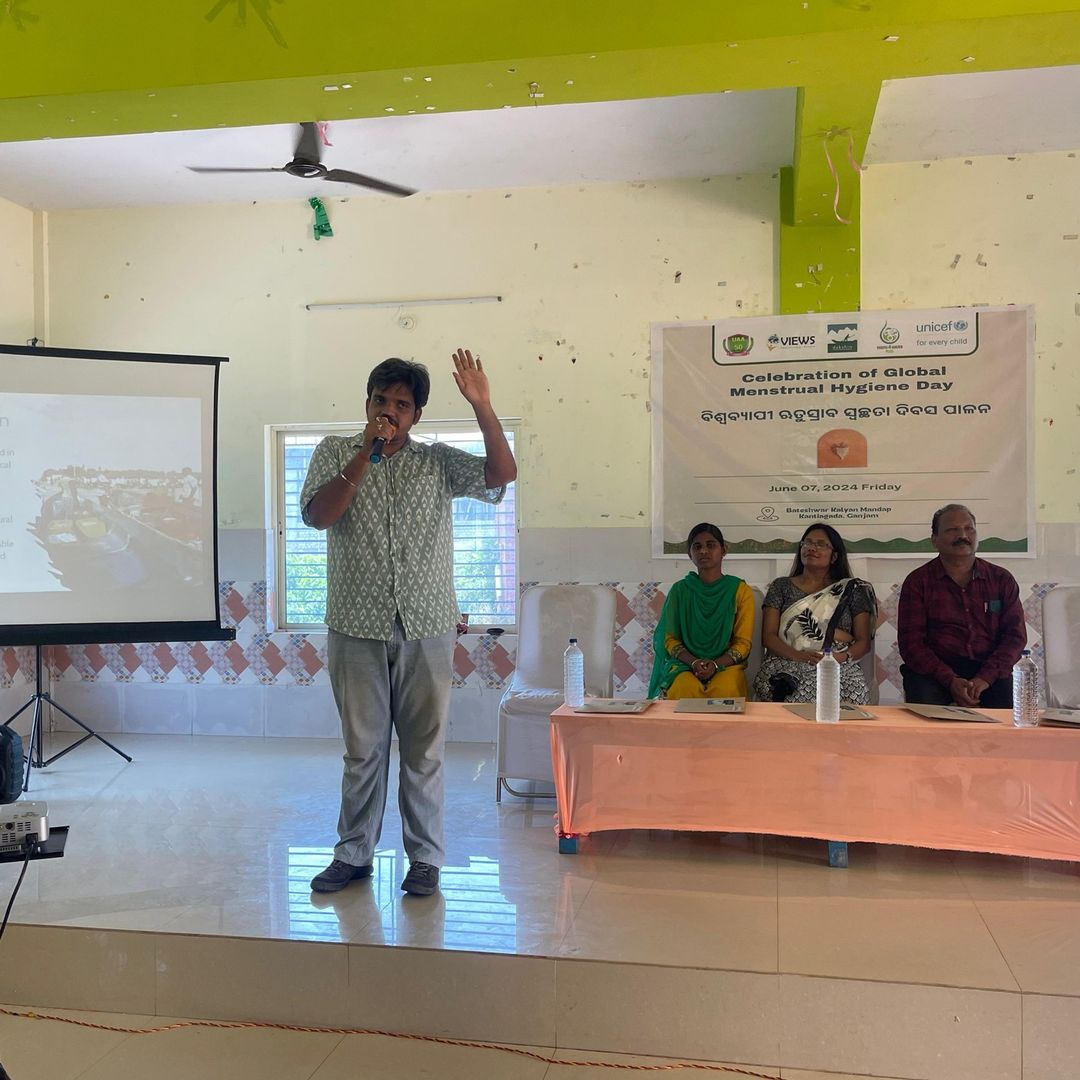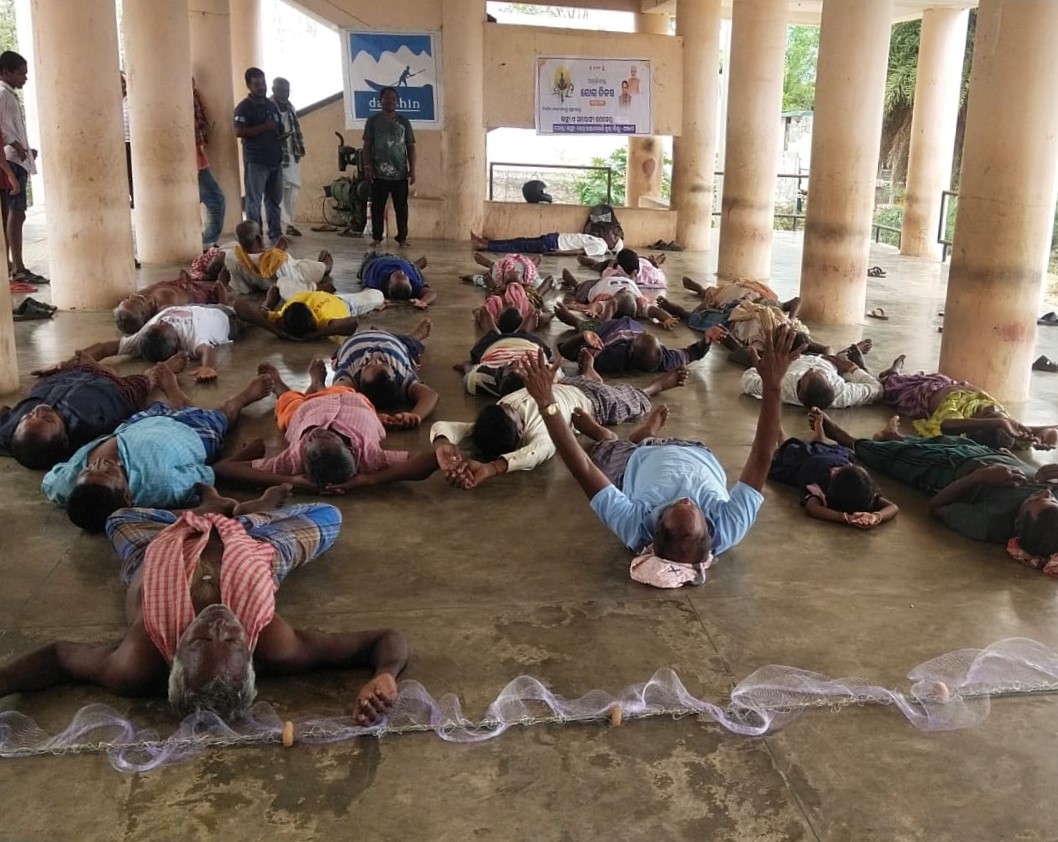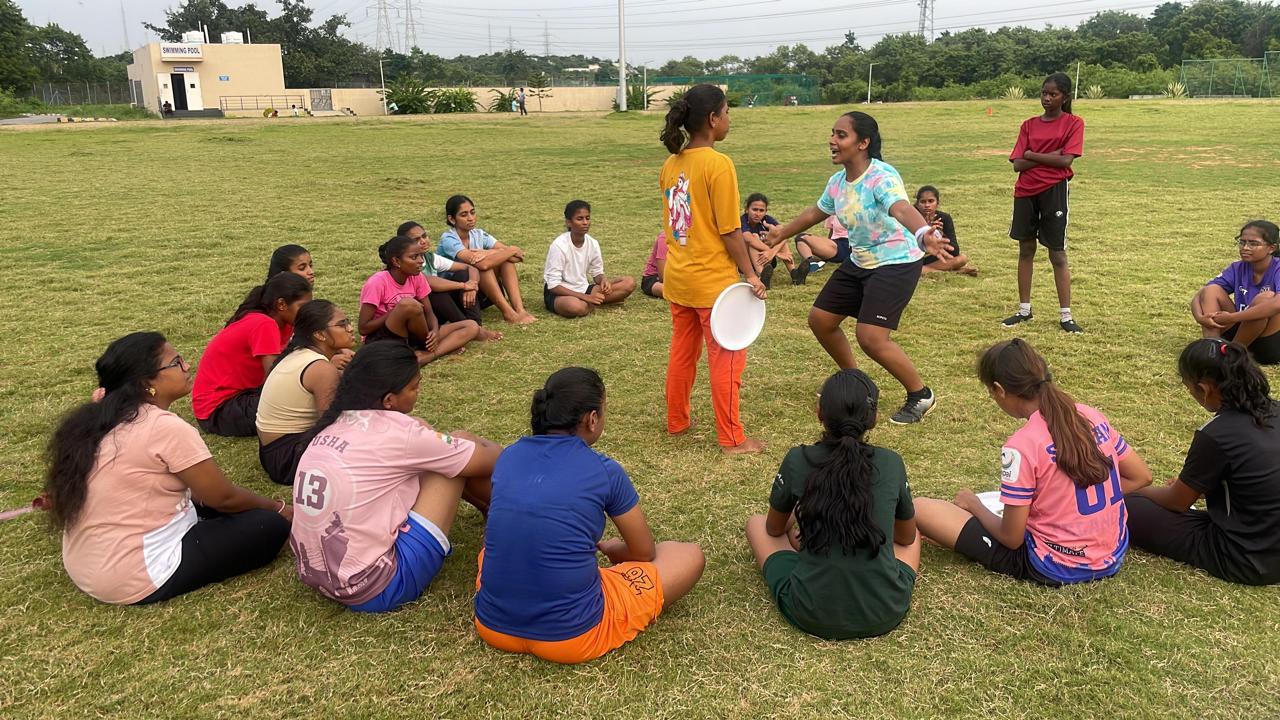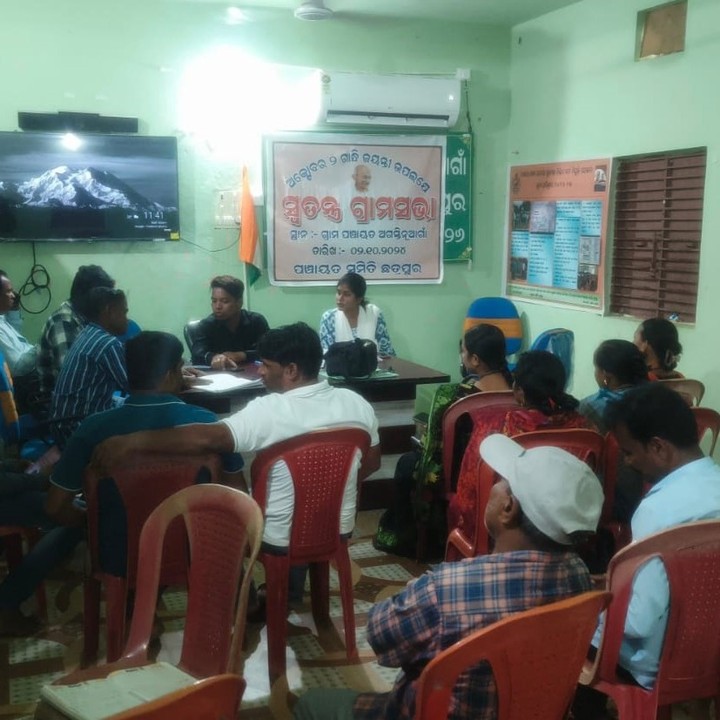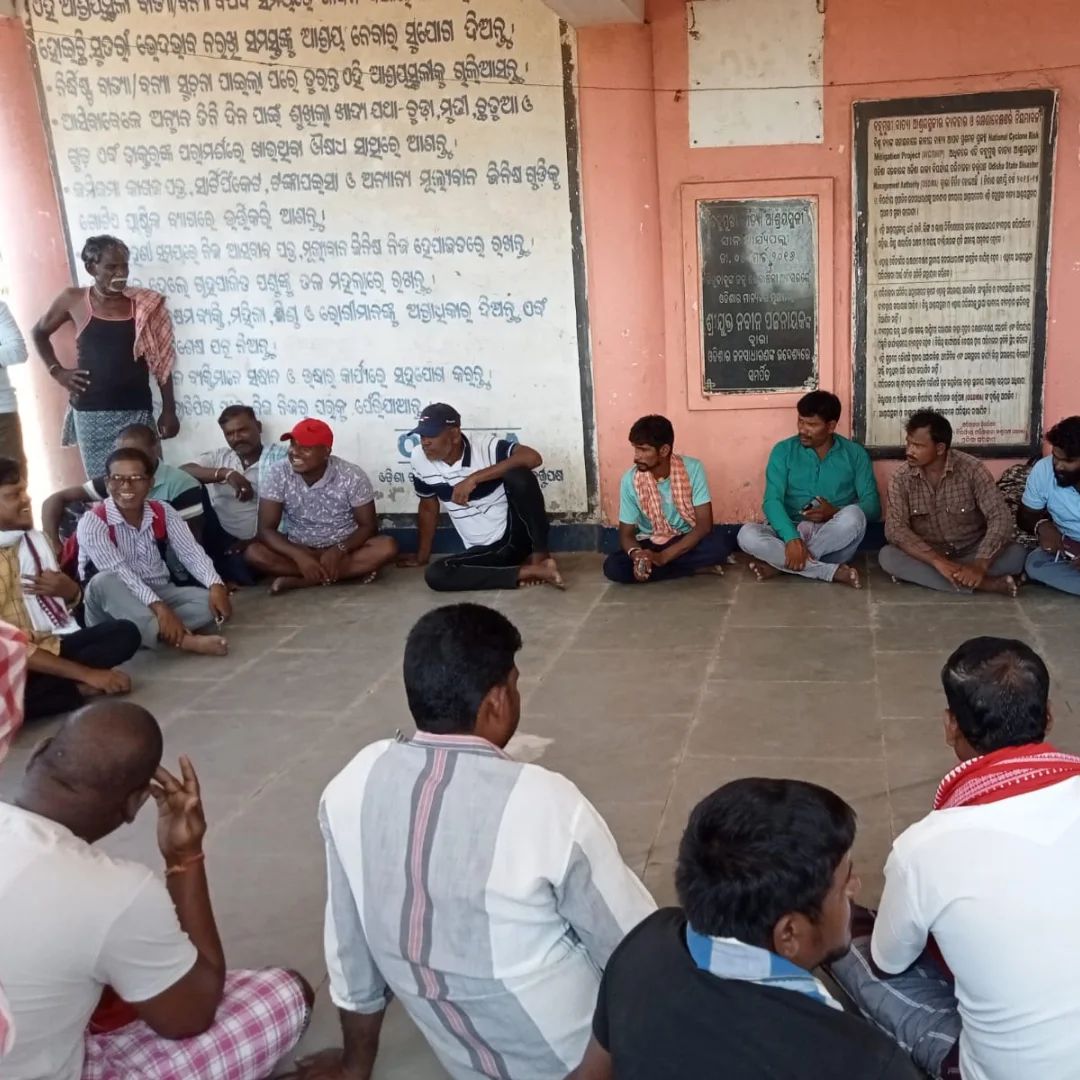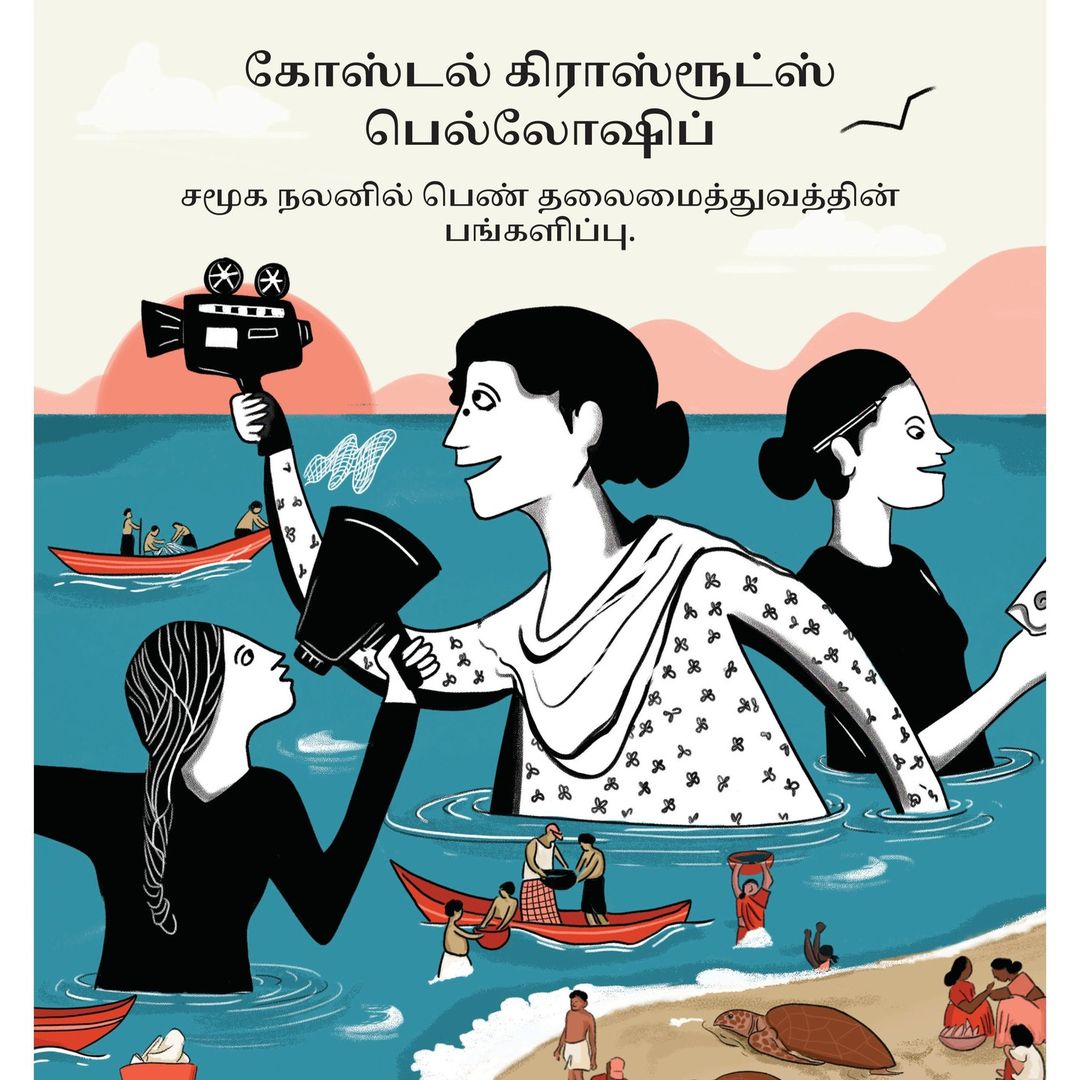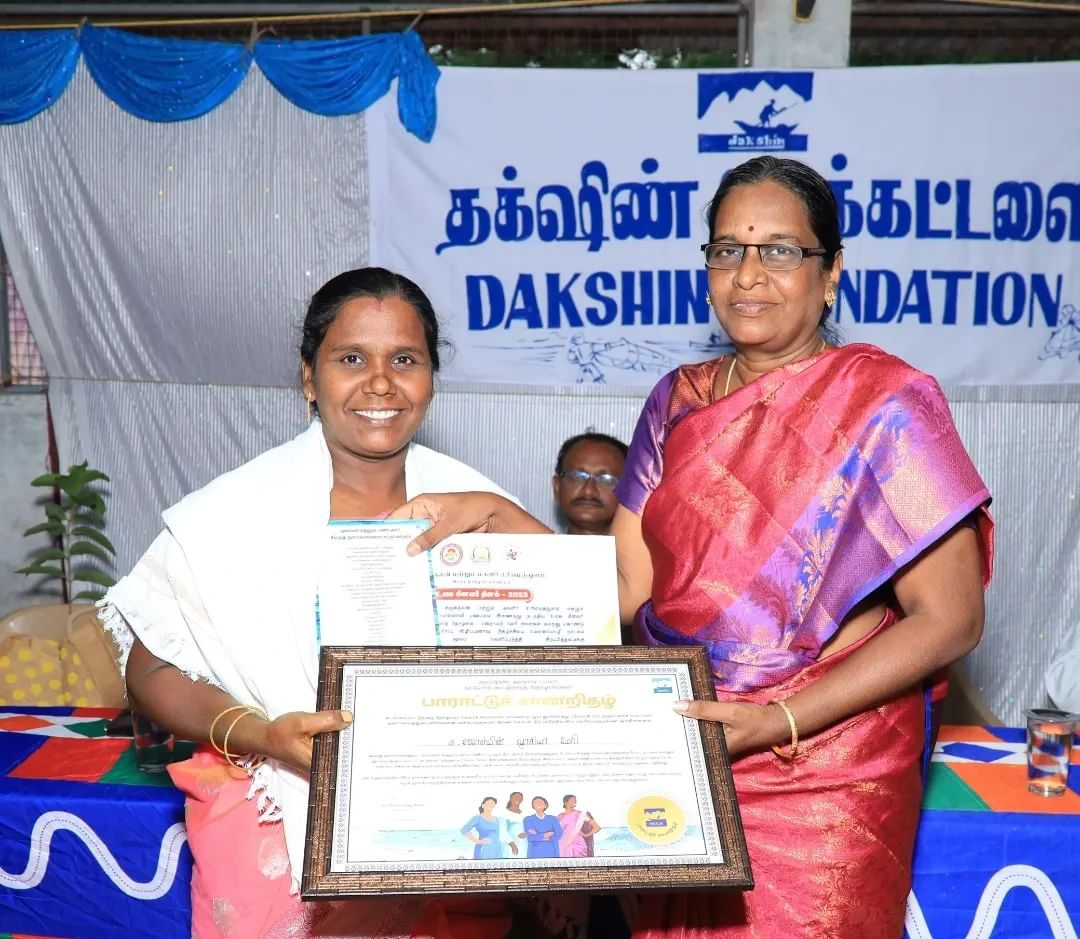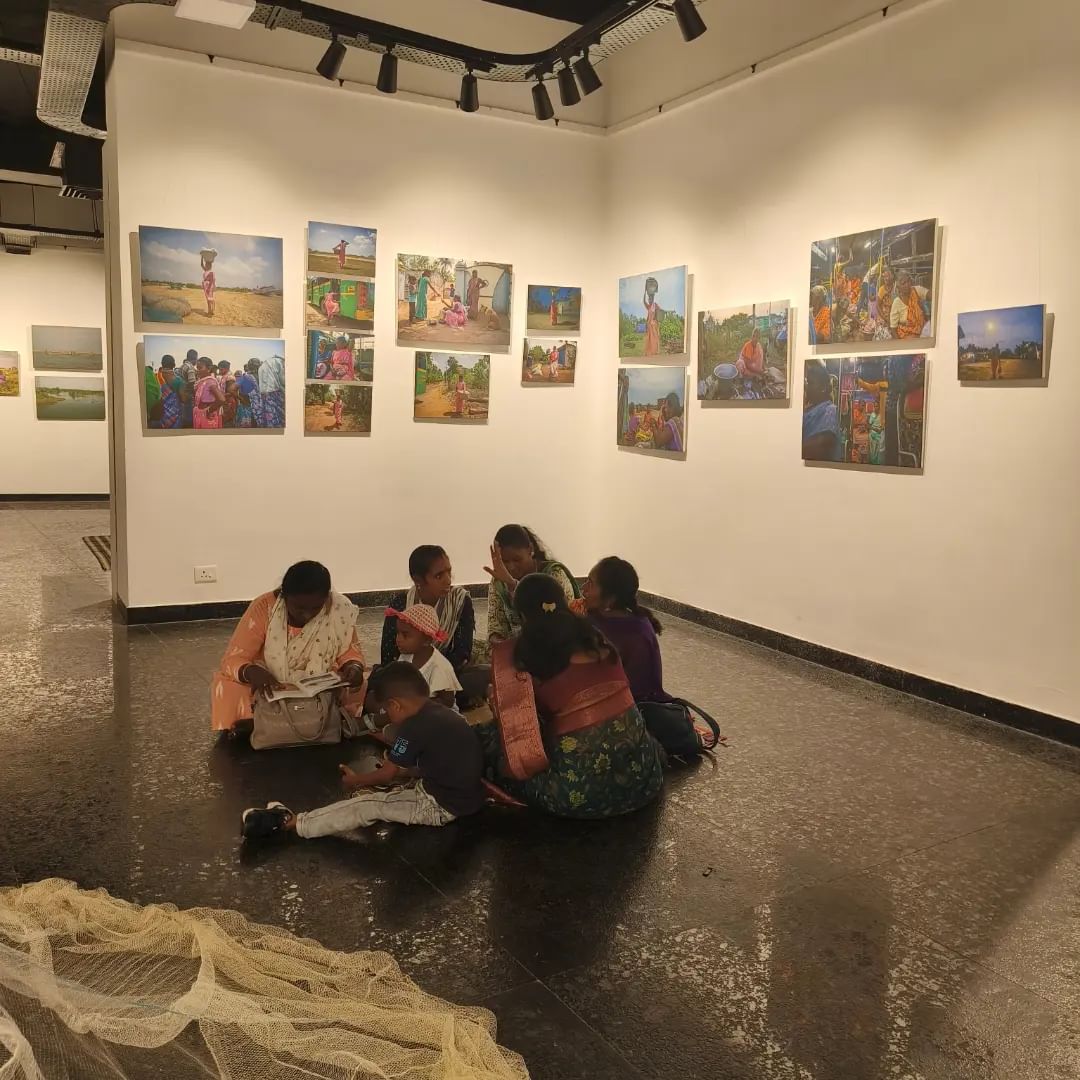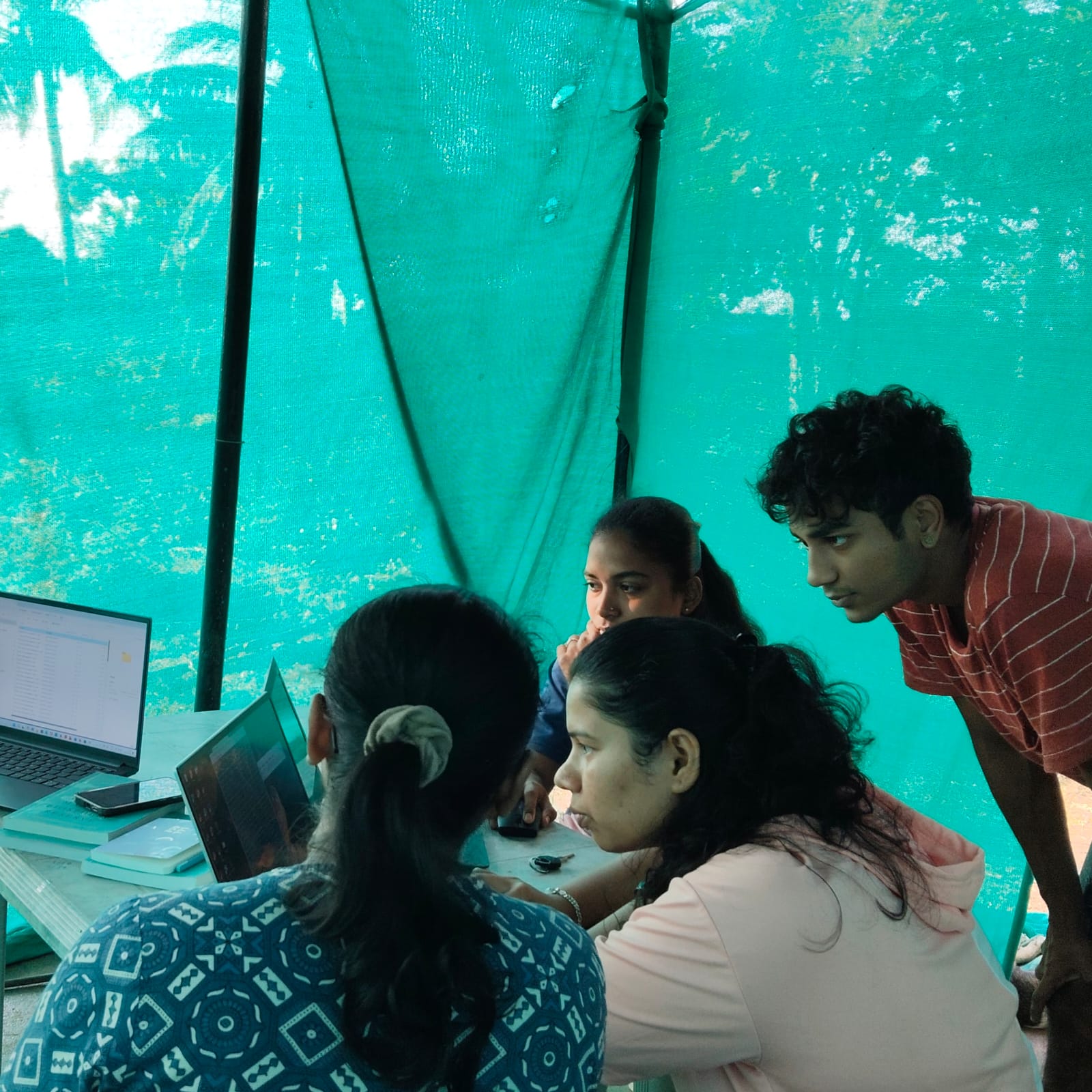Our SeaChange journey – November 2024
Andaman and Nicobar Islands
In this quarter, our Youth Ambassador (YA) training programme at Wandoor worked closely with a group of young leaders in the Andaman Islands with the tools to drive sustainable change. Through hands-on workshops and training sessions, the YAs now lead community clean-ups, raise awareness on waste segregation, and will help promote sustainable menstruation practices in future, among a host of other promising actions for change. Our collaboration with RoundGlass Sustain brought the magic of coral reefs to life for YAs through film screenings. A multi-stakeholder consultation we organised on SWM in South Andamans saw several important government stakeholders enthusiastically participate to plan future action. This was followed by partnership with the Dr. B. R. Ambedkar Institute of Technology to help fix technical problems within waste recycling process chains of SWM. The Assistant Commissioner of Swaraj Dweep and Shaheed Dweep has now invited Dakshin to help address SWM issues in these tourism heavy islands.
Seven fisheries consultation meetings across clusters of fishing villages in the South Andaman islands brought together boat owners, crew members, fisherwomen, vendors, and traders to envision a sustainable future for island fisheries. Discussions focused on balancing livelihoods with ocean health, addressing challenges like dwindling fish stocks and rising costs, and fostering community-driven plans tailored to local needs. Key meetings were held with officials of departments of Rural Development, Forest Department and the Revenue Departments on waste management – which cuts across their sectoral interests. We joined the Wandoor gram panchayat, the Coast Guard, and local youth for ‘Swachhata Hi Seva’ and World Coastal Cleanup Day, conducting SWM awareness events and multiple beach cleanups all of which point to good tidings for the islands’ future. Check out this report for more details on our SWM interventions.
Our workshops and field activities included menstrual health awareness sessions for women and youth, emphasising eco-friendly product use and reproductive health education. Water conservation workshops engaged participants with interactive activities, focusing on the water cycle and saving resources. Mental health storytelling sessions for adolescent girls in Junglighat explored creative narratives, while football coaching in Wandoor provided skill-building opportunities for children and youth.
Bengaluru
Dakshin has been actively raising awareness and sharing our work across Bengaluru. On World Oceans Day, our researchers engaged with students at Dolphin Aquatics, discussing marine conservation topics such as coral reefs, fisheries, sharks and rays, and citizen science initiatives like ReefLog and turtle photo ID projects. We also participated in the Duleep Matthai Centenary Celebration, where one of our founding trustees, Naveen Namboothri, highlighted Dakshin’s impact on coastal and marine conservation. At the National Mental Health Festival – Mannotsava, at NIMHANS, we hosted a workshop on how reconnecting with nature can boost mental resilience. During the Student Conference on Conservation Science (SCCS), Dakshin team members led workshops and presented a poster showcasing our research. Meanwhile, the communications team actively shared our ongoing efforts through stalls and interactions with participants, fostering connections and building networks during these events.
Lakshadweep and Maharashtra
In the Lakshadweep Islands and Maharashtra, our outreach continues with the publication of two handbooks on sharks and rays of Lakshadweep, and sharks and rays of Malvan, a book on participatory mapping of baitfish resources in the Lakshadweep Islands, a book on elasmobranch landing centre monitoring in Maharashtra, and more.
Odisha
In Odisha, the highlights were our interventions on health, well-being, and community engagement across the southern Odisha landscape. We organised NCD (Non-Communicable Diseases) screening camps in the coastal villages of New Podampetta, Sana Arjyapalli and Sidhant Nagar where we included health assessments, yoga sessions, and awareness of malaria prevention. For the Menstrual Hygiene Day event, we hosted over 100 girls from five villages, breaking menstrual taboos through cultural activities, an event covered in local TV news channels. For International Yoga Day, we conducted yoga sessions promoting wellness. Engagement with local leaders through gram sabhas and fisheries societies highlighted key healthcare and livelihood challenges, and our participation in the Youth4Water partners meeting fostered partnerships for water conservation and climate action. Additionally, girls from our field sites attended an Ultimate Frisbee camp in Hyderabad, building character and confidence, along with sporting skills. The “Chronicles of the Tides” photo exhibition at Chennai, featured fisher women’s stories from Ganjam, underscoring resilience amidst migration and climate challenges in Odisha.
Tamil Nadu
Dakshin made waves in Tamil Nadu, celebrating community-driven conservation and empowering local leaders. We celebrated the success of the Coastal Grassroots Fellowship at a closing ceremony in Olaikuda village, where 12 women fellows were recognised for their year-long efforts in promoting sustainable practices in their communities. The Coastal Grassroots Fellowship Anthology, a collection of stories, poems, and photo essays by 14 women from fishing communities, was published in Tamil on our website, highlighting their contributions to sustainable livelihoods. The “Chronicles of the Tides, Migration, Conflict, and Climate” exhibition at Lalit Kala Akademi in Chennai, a collaboration between Dakshin Foundation and SNEHA, showcased the powerful stories of fisherwomen mentored by photographer Palanikumar and People’s Archive of Rural India (PARI), capturing their experiences with migration, climate change, and community resilience. We are also delighted to share that we have identified seven ocean stewards to collaborate with and develop skills that integrate scientific and traditional knowledge systems. Our work will soon focus on participatory resource mapping and monitoring, leadership, documenting customary practices, and more.

